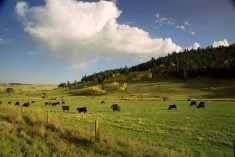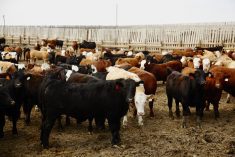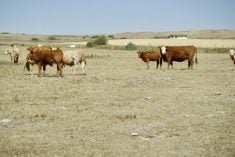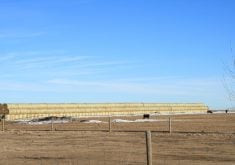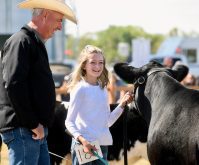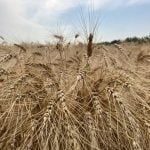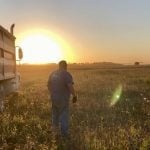In a business with many challenges outside of our control, resiliency often comes from looking for the silver lining. For this year, the drought meant hardships managing feed supplies for cattle and a low-yielding harvest in many areas of the country. However, with the crops in the bins earlier than usual for many and weaning dates ahead of normal years, the fast-tracked fall schedule has allowed more time to get around to those extra fall projects. Maybe it even made for a little extra time spent with family.
As farmers and ranchers put in long hours preparing for the winter months ahead, the Canadian Cattlemen’s Association (CCA) has kept busy with several advocacy efforts this fall. Of key importance was the United Nations Food Systems Summit (UNFSS) held near the end of September in New York. The historic event centred around bringing people together for solutions-oriented discussions and creating goals to address issues such as hunger, climate change and food waste. It was the first summit of its kind held by the United Nations in over 25 years and CCA played a leadership role in Canada to ensure our sustainability efforts were recognized.
Read Also
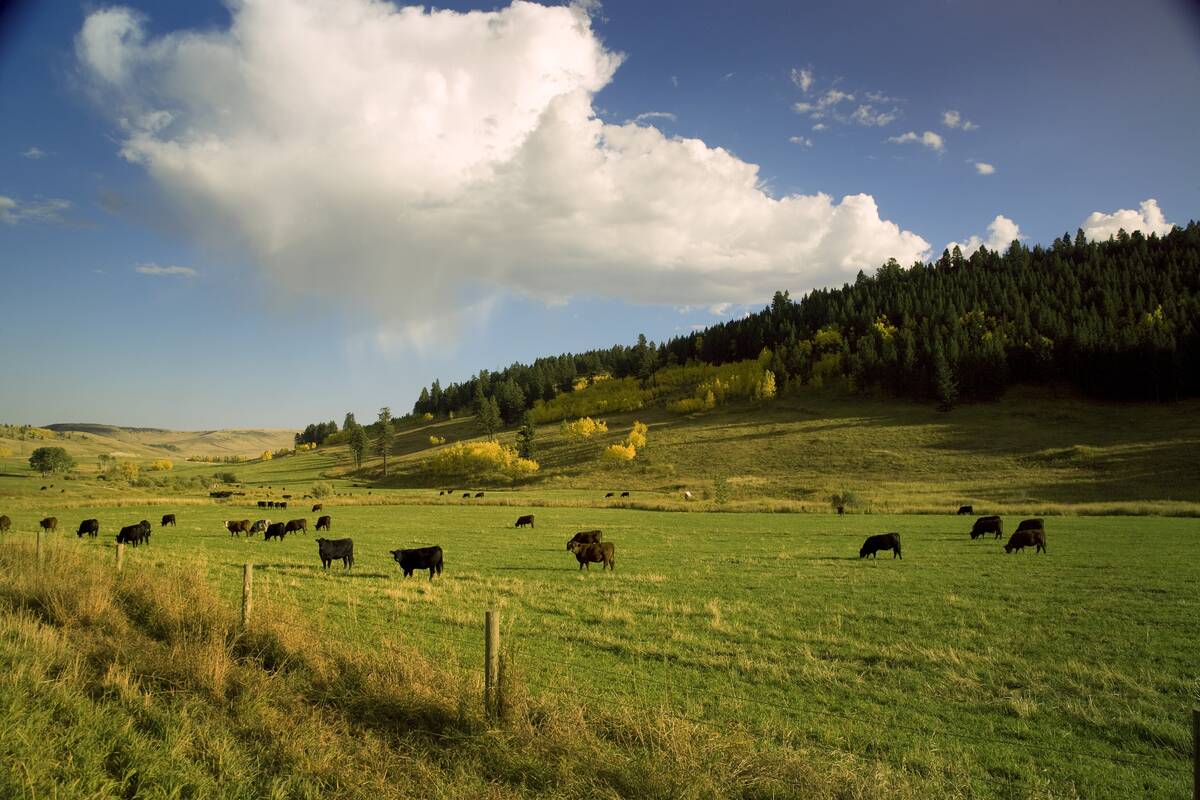
The Canadian Cattle Association’s international advocacy efforts
Global ag policies affect Canadian food policy, so the Canadian Cattle Association participates in international and domestic forums
While our involvement definitely saw the pendulum shift back in favour of sustainable animal agriculture, plant-based diets continue to be incorrectly positioned as a climate change solution. When initial talks first started about the summit, there was concern about what types of goals and solutions would come forward from the event. When it comes to Canada’s beef industry, we have a world-class sustainability story to tell, one that contributes to environmental solutions and healthy, sustainable diets.
CCA took this opportunity to get involved in the UNFSS and worked to build positive conversations about the red meat industry by getting involved in pre-summit activities. These included hosting an independent virtual dialogue series together with the Nature Conservancy of Canada in April. Through the dialogues, feedback was submitted to the UNFSS from a diverse set of stakeholders about what’s next in building a more sustainable protein supply chain for grazing livestock. The day before the summit, the CCA led a multi-stakeholder statement with 21 other Canadian agri-food production leaders to celebrate our achievements and commit to doing more. It could also be said the CCA was instrumental in encouraging increased engagement in the UNFSS from global livestock organizations.
I’m happy to report the work paid off. Canada’s livestock industry received a special mention from Canada’s leadership at the summit in September. The speech was given by Ambassador Alexandra Bugailiskis, Canada’s permanent representative to the Food and Agriculture Organization, the World Food Programme and the International Fund for Agricultural Development.
“Canadian livestock producers are global leaders in sustainable production of protein with one of the lowest greenhouse gas emission profiles. Through sustainability assurance programs, Canada’s producers are demonstrating their commitment to further lowering their environmental footprint and making strong socio-economic contributions,” Bugailiskis said.
It’s with sincere gratitude we thank Canadian government representatives for their recognition of our sustainability efforts. While lots of work is still left to do on sharing the good news story of Canada’s beef industry, I’m pleased to see the small shift towards a more positive narrative surrounding the livestock industry on the world stage.
Much of CCA’s fall advocacy efforts centred around the federal election. We look forward to getting back to Ottawa to meet ministers, MPs, senators, and their staff now that the election is in the books. Continuing to build and maintain relationships with all parties will be critical as we advocate on behalf of Canada’s beef producers. Front of mind for CCA as we talk to new and returning MPs will be economic resilience coming out of the pandemic, new trade opportunities and both the opportunities and challenges of new climate action.
CCA will continue its work with the federal government on policies to mitigate the impacts of this summer’s severe weather events. I’m pleased to see that drought and wildfire relief funding for cattle producers under AgriRecovery has now been rolled out in British Columbia, Alberta, Saskatchewan, Manitoba and Ontario. As we move towards the development of the Next Agricultural Policy Framework, a key priority for CCA will be to ensure there are effective and equitable business risk management programs to help farmers, ranchers and feeders manage inevitable difficult times. We will make sure this is top of mind for federal, provincial and territorial ministers of agriculture when they meet this month to discuss high-level priorities for the next framework.
While this last year has had its fair share of challenges, it’s important to celebrate the small wins, such as when our sector gets a special mention for our sustainability efforts at a global event. You never know what these milestones can snowball into. CCA will continue to build on the momentum of our advocacy efforts with Parliament resuming and the Next Agriculture Policy Framework in the works. In the meantime, we’ll keep our chins up and fingers crossed that the winter months ahead bring just the right amount of moisture we need to carry us through next year’s season.



